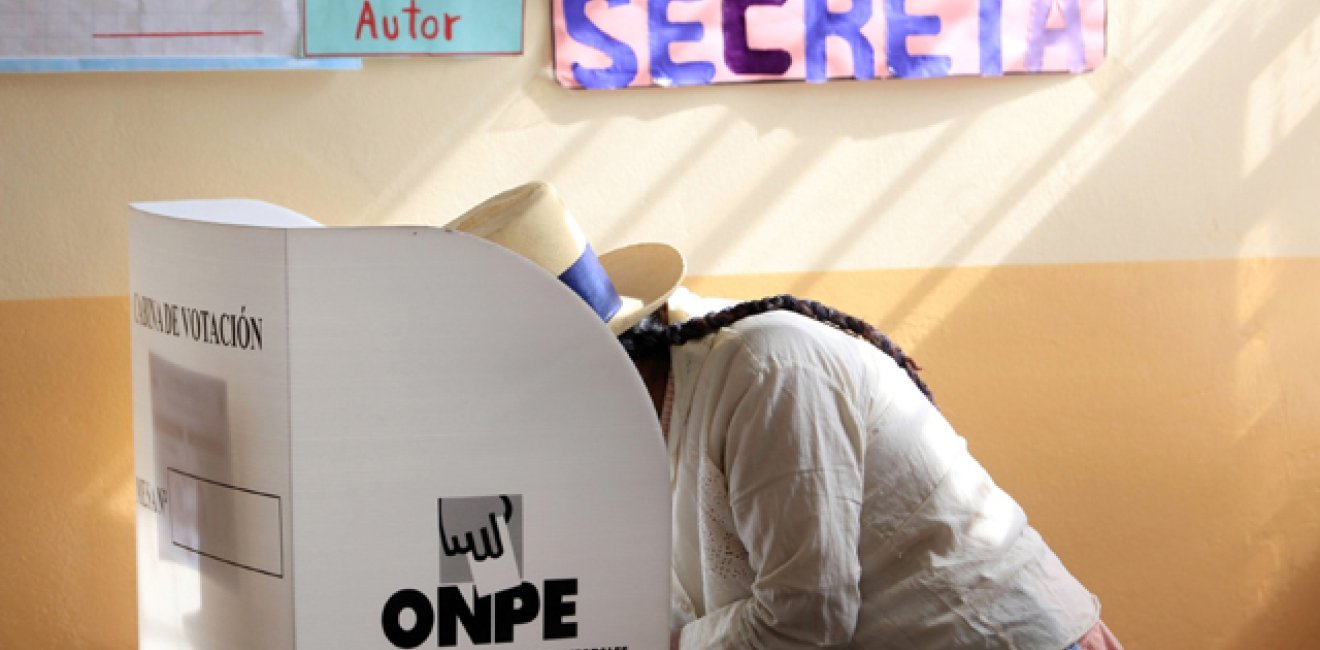President-elect Pedro Pablo Kuczynski (PPK) is by all accounts a successful man. He has extensive experience in public office. He is honest, democratic, and surrounded by qualified people. However, he is in his late 70s, looks like an American, and does not easily connect with poor people. His campaign was chaotic. The question that arises is how he was able to defeat Keiko Fujimori, a candidate with a powerful political machine, ample resources, and who won nearly twice the number of votes as PPK in the first round of elections last April (Keiko won 40 percent of the vote and PPK only 21 percent). At the beginning of the campaign his prospects did not look good. By February, PPK was in a freefall and most polls put his level of support in the single digits. The candidate in second place at the time—Jaime Guzmán—was deemed ineligible by the electoral authorities, due to a technicality. Many of the votes for Guzmán shifted to PPK. Then, ten days before the first round, when PPK’s polling numbers seemed stagnant, the surprising strength of the candidate of the radical left—Verónika Mendoza—frightened the middle class. These people mobilized to defeat Mendoza and ensure PPK’s place in the second round. The results of the second round on June 5th were decisively influenced by the broad civic movement, “No to Keiko,” which opposed the possible election of the daughter of the imprisoned former dictator, Alberto Fujimori. This sentiment grew even stronger in the face of revelations that her candidacy was funded by several people under investigation for drug trafficking. In essence, PPK did not so much as win as Keiko Fujimori was defeated, by the extremely narrow margin of less than half a percentage point (50.12 percent for PPK vs. 49.88 for Fujimori). However, the informal coalition that formed to say “No to Keiko” has fallen apart and many of those who supported PPK to impede Keiko’s election have already announced that they will be in the opposition to his government. Adding to the complex panorama is the fact that Fujimori has a large majority in the Congress (73 of 130 seats), while PPK has just 18 and little chance of making permanent alliances to expand that number. Even the radical left has more members in Congress than does PPK. Under such circumstances, will it be possible for PPK to govern effectively and in a reasonably popular way? It will not be easy, but it is not impossible. In PPK’s favor is that fact that the Peruvian economy, despite its weakening by the fall of commodity prices, continues to grow; Peru’s is one of the most solid and dynamic economies of Latin America. Given PPK’s extensive experience in economic management, there is a justified expectation that his victory will translate into higher levels of growth in the coming years.At the same time, and while it is impossible to change the current balance of power in the Congress, it is possible to make a wide appeal to honest and qualified people to join his Cabinet. It will also be important to identify as priorities issues that already enjoy a broad consensus: among the more notorious, the fight against crime, the reform of the political system, the improvement of state capacity--to make it more efficient and closer to closer to the population—and meaningful and effective efforts to combat corruption. Well managed, these reforms could solidify a broad consensus in society and even force the Congress, which is also in need of legitimacy, to support them. What is clear is that PPK cannot afford to be as unpopular as his recent predecessors; given his precarious position in the Congress, he would become extremely weak and isolated. The popularity that he must consolidate should and cannot emanate from politically-expedient populist measures, but rather, from a real commitment to the reforms outlined above. This will not be easy and making progress on all these goals will require a great deal of political skill. Nonetheless, and despite the difficulties ahead, there is hope that a president with PPK’s experience and qualifications will improve the quality of Peruvian politics in a way that begins to match its economic performance.






